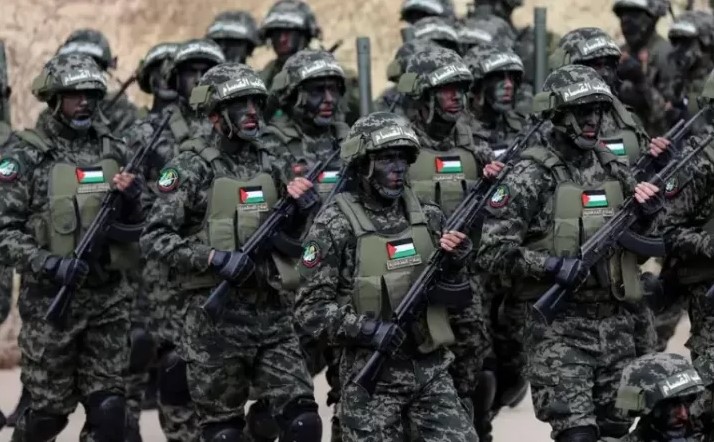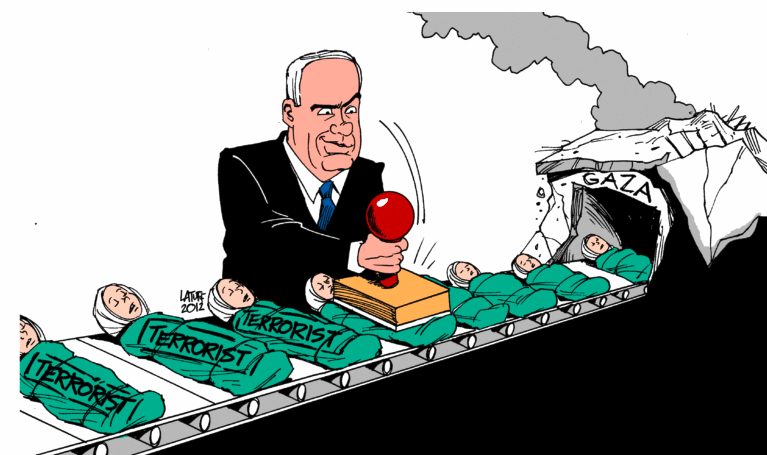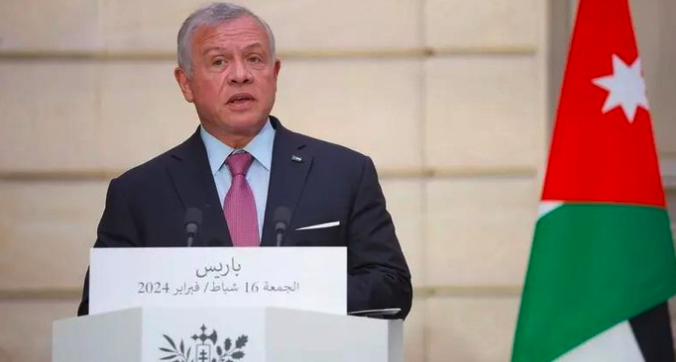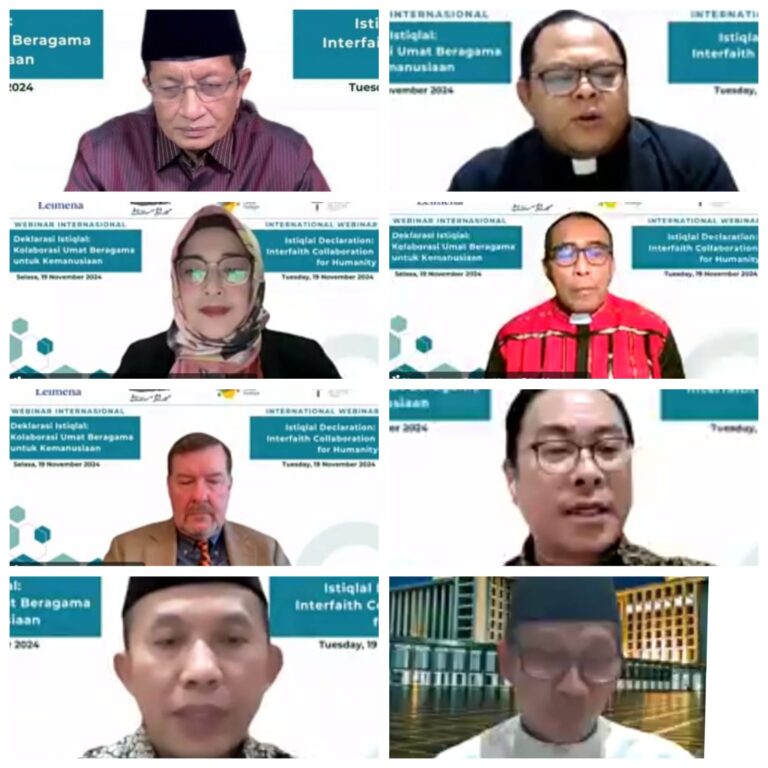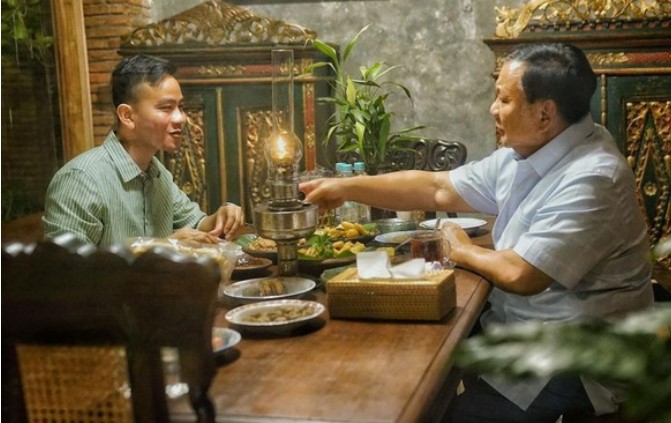
Prabowo-Gibran (Tim Media Prabowo)
STRATEGIC ASSESSMENT. As the world’s third largest democracy, the fourth most populous country, and the most populous Muslim country, with a population of roughly 279 million people, Indonesia’s elections are being watched closely across the globe. Indonesia is a country that both the United States and China see as vital to their respective great power ambitions, especially given Indonesia’s location, role in global supply chains, and home to large deposits of coal, palm oil, and nickel.
As the votes continue to be tallied following Indonesia’s elections this week, the country’s defense minister, Prabowo Subianto, claimed victory, declaring it “the victory of all Indonesians,” even as neither of his opponents has yet conceded defeat. Prabowo is facing off against the former governor of the Indonesian capital of Jakarta, Anies Baswedan, as well as the former governor of Central Java, Ganjar Pranowo. With the majority of the votes tallied, Subianto looks to be headed toward a decisive victory with nearly sixty percent of the votes. Though a controversial figure, Subianto was close to Indonesia’s longtime dictator Suharto (also his father-in-law at one point), who led the country’s military dictatorship from 1967 until 1998. Subianto was banned from the United States for nearly two decades due to his egregious human rights record, having been accused of abducting and torturing political opponents during his time as a general in Indonesia’s army, though he denies these allegations. The armed forces eventually discharged him over the allegations in 1998, finding he was involved in the disappearances and torture of pro-democracy activists – more than a dozen are still considered missing and are believed to be dead. His public comments have sometimes been critical of democracy and elections. But most would argue that Subianto has undergone an effective rebranding, now presented as a friendly, grandfatherly-type politician instead of a fiery ex-special forces commander. And given Indonesia’s younger voting demographic, many of the younger generation do not remember the era when Subianto mostly donned the image of a strongman.
Subianto’s running mate for vice president is Gibran Rakabuming Raka, the son of the current Indonesian President Joko Widodo, who remains extremely popular amongst Indonesians that have been pleased by the country’s economic growth. Widodo also carried out an extensive infrastructure development campaign, while simultaneously rolling out welfare programs aimed at improving Indonesians’ access to health care and housing. Subianto plans to build upon and extend Widodo’s legacy, pitching what he calls “Golden Indonesia 2045,” a strategy for further development, including promises of building modern hospitals and improving working conditions for teachers across the country. Still, many are concerned about the optics of Widodo campaigning on behalf of Subianto and Widodo’s own son while still serving as president. Moreover, Raka, who is thirty-six, only became eligible to run after a last-minute ruling by the Constitutional Court, which made an exception to the prior age restriction that candidates had to be at least forty years old. The campaign has also been riddled with accusations of corruption investigations appearing and disappearing after party leaders endorsed Subianto, opposition candidates complained of harassment and pressure to support Subianto by authorities, and social aid was reportedly handed out to those linked to the Subianto campaign. This has led to allegations that the state tipped the scales in favor of Subianto and Raka and brought doubt that the elections were free and fair. Under Widodo, Indonesia has generally experienced democratic backsliding, including accusations of the suppression of civil liberties and the targeting of an anti-corruption agency. The erosion of democracy in a country like Indonesia will have serious ramifications within the region and beyond.

The elections in Indonesia are being watched closely by countries around the globe. Indonesia is the world’s third-largest democracy, the fourth most populous country, and the most populous Muslim country, with a population of roughly 279 million people spread across this archipelago nation. Subianto has talked about leveraging Indonesia’s economic success into a more formidable role on the global stage, although he has reiterated Jakarta’s autonomy and longstanding policy of non-alignment. In the post-September 11th era, the United States has maintained counterterrorism partnerships with several nations in Southeast Asia, including Indonesia, which made significant progress in combating jihadist groups such as Jemaah Islamiyah. Indonesia will remain a critical partner for building partner capacity and security cooperation.
Indonesia is a country that both the United States and China see as vital to their respective great power ambitions, especially given Indonesia’s location, role in global supply chains, and home to large deposits of coal, palm oil, and nickel. Indonesia boasts one of the largest supplies of nickel worldwide and in 2022, was responsible for mining nearly half of the global supply of nickel, a critical mineral powering the green energy revolution. Indonesia is looking to become an essential player in the electric vehicle battery supply chain. The export of most raw ore has been banned since 2014, forcing companies to process and manufacture in Indonesia and further integrating the country into the supply chain. Jakarta has also moved to capitalize on its deposits of bauxite and copper, restricting imports in order to spur the development of an indigenous refining capacity within the country. And while the focus on becoming a hub for the electric vehicle revolution hints at climate change awareness, Subianto also supports policies that have led to the burning of more coal and protectionist policies, including regulations that insist on domestically sourced materials, have suppressed solar panel investment (TSC).


